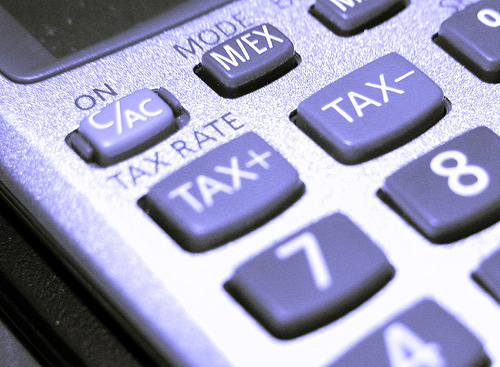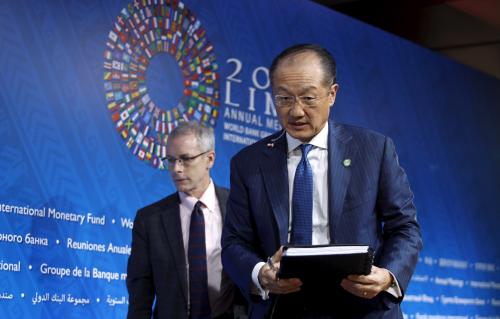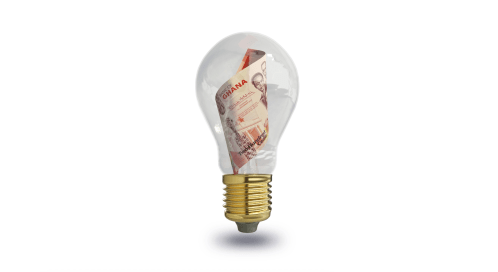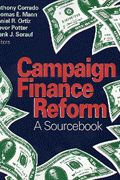Content from the Brookings Institution India Center is now archived. After seven years of an impactful partnership, as of September 11, 2020, Brookings India is now the Centre for Social and Economic Progress, an independent public policy institution based in India.
Abstract: The equalisation levy in India from June 1, 2016 is a presumptive tax on some specified services provided by non-residents in the ‘hard to tax’ digital sector. In a market dominated by a few big players, because of the network effect and cost characteristics, it corrects the obviously unfair advantage that some non-resident companies without permanent establishments (PEs) enjoy over domestic players tempting even resident digital companies to become non-residents. The paper argues that the government should examine whether the levy can be made into a rebuttable presumptive one to avoid possible double taxation. Second, the impact of the levy on cum tax price is far from clear. The burden on buyers and sellers need to be studied to calibrate the rate. The argument for reducing the rate becomes stronger the higher the pass-through to resident buyers. Third, the tilt in the division of tax jurisdiction in favour of ‘home’ countries relative to ‘source’ countries has been accentuated by the digital economy. Pursuit of second best policies such as the equalisation levy may play an important role in exerting pressure on ‘home’ countries for a more equitable distribution of tax jurisdictions, which is the ultimate goal.
About the Authors
Ashok K. Lahiri retired as Executive Director, Asian Development Bank (ADB), Manila in June 2013. He was Chief Economic Advisor of the Ministry of Finance, Government of India from October 2002 and June 2007, and Director of National Institute of Public Finance and Policy (NIPFP) between February 1998 and October 2002. He was earlier Economic Advisor, Ministry of Finance, Government of India; Senior Economist, International Monetary Fund, Washington, D.C.; Consultant, World Bank, Washington, D.C.; and Reader, Department of Economics, University of Delhi.
Gautam Ray was Director General (Audit) at the Central Board of Excise and Customs. He has worked for over three decades in tax policy making and its implementation in the field, with more than 16 years in the Tax Research Unit in Finance Ministry dealing with all taxation issues relating to indirect taxes. He represented India in Non-agricultural Market Access negotiations in the WTO during the period 2002 to 2007 and was advisor to the Advisory Group on Tax policy and Tax Administration for the Tenth Five-Year Plan.
D.P. Sengupta retired as Chief Commissioner of Income-Tax (Central), Delhi, after 33 years at the department. His long experience in revenue services includes working as Joint Secretary of the Tax Policy and Legislation wing at the Foreign Tax and Tax Research Division of the Central Board of Direct Taxes. Mr Sengupta is now principal consultant at the National Institute of Public Finance and Policy.
Download the Working Paper
The Brookings Institution is committed to quality, independence, and impact.
We are supported by a diverse array of funders. In line with our values and policies, each Brookings publication represents the sole views of its author(s).







